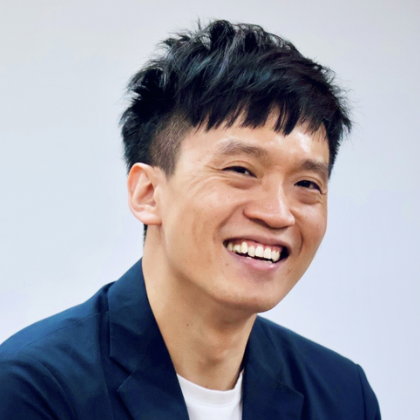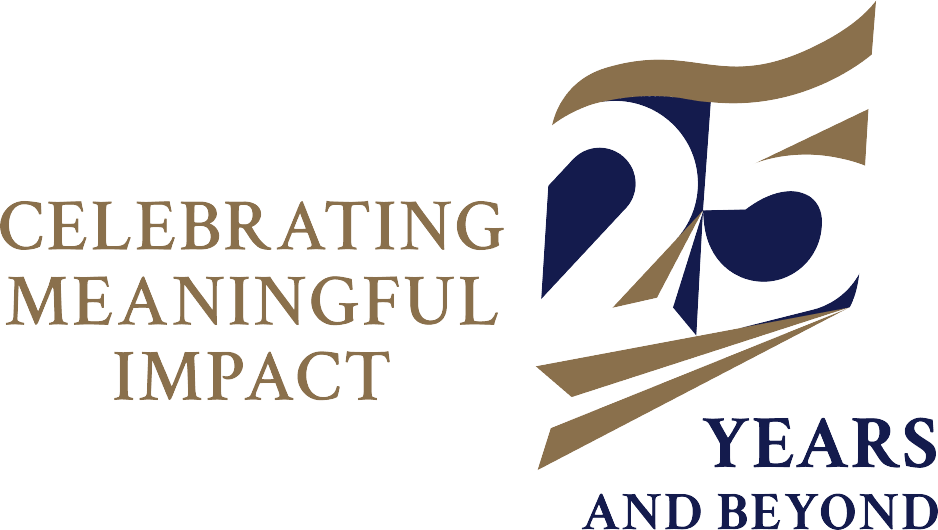
Ching-Fu LIN
Professor of Law and Director of the Institute of Law for Science and Technology
National Tsing Hua University
Professional Appointments
Ching-Fu Lin is Professor of Law and Director of the Institute of Law for Science and Technology at National Tsing Hua University, where he teaches international law and global governance, artificial intelligence law and policy, and law and technology. Prof. Lin received his LL.M. and S.J.D. from Harvard Law School, with the honour of John Gallup Laylin Memorial Prize and Yong K. Kim Memorial Prize. He also holds a double degree in law and chemical engineering from National Taiwan University. He has held visiting positions at Berkman Klein Center for Internet and Society at Harvard University, Allens Hub for Technology, Law and Innovation at UNSW Sydney, Graduate Institute of International and Development Studies in Geneva, and Brocher Foundation, among others. He currently serves as Senior Fellow at Melbourne Law School and Co-Chair of the International Law and Technology Interest Group of the American Society of International Law.
Research Areas
Trained as both a lawyer and an engineer, Prof. Lin's scholarly work touches upon issues of international law and technology and has appeared in European Journal of International Law, International & Comparative Law Quarterly, Harvard International Law Journal, Virginia Journal of International Law, Columbia Science and Technology Law Review, International Journal of Law and Information Technology, among others. He has also co-edited and/or co-authored books in such fields, including “Inter-Asian Law” (Cambridge University Press, forthcoming), "Economic Cooperation in the Shadow of Contested Sovereignty" (Hart, 2025), “Food Safety and Technology Governance” (Routledge, 2022), “Artificial Intelligence and International Economic Law: Disruption, Regulation, and Reconfiguration” (Cambridge University Press, 2021), and “Governing Science and Technology under the International Economic Order: Regulatory Divergence and Convergence in the Age of Megaregionals” (Edward Elgar, 2018).

